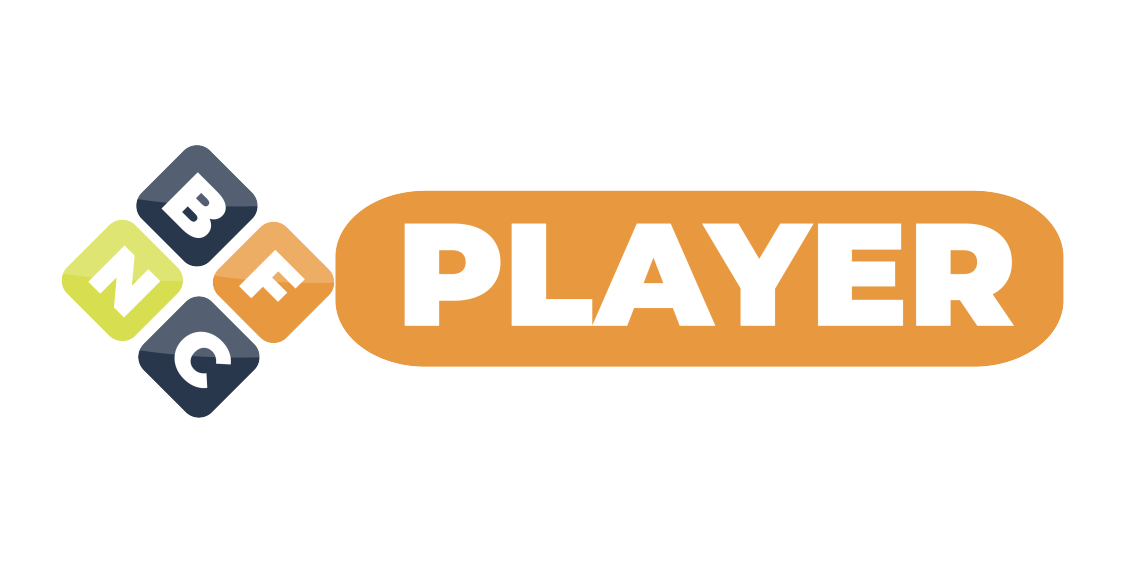Smart Tools for Tracking Releases
Staying on top of game releases goes beyond just remembering the launch dates. Today’s players use a mix of platforms, tools, and community-driven sources to make sure they never miss a drop.
Add to Wishlist, Stay in the Loop
One of the simplest yet most effective methods is still the Steam wishlist. When you add a game to your wishlist, Steam sends notifications for:
- Release day alerts
- Preorder availability
- Special launch discounts
It is a passive but reliable way to track titles, especially indie and early-access games.
Stay Updated with the Big Names
Gaming news hubs are still major players when it comes to reliable, curated updates. Websites like the following update constantly with previews, reviews, and release calendars:
- IGN
- Game Informer
- GameSpot
These sites not only provide coverage of AAA releases but also highlight smaller titles that might fly under the radar.
Next-Gen Tracking Apps
Serious about managing your backlog or tracking upcoming favorites? Give one of these specialized tools a try:
- GameTrack – Helps catalog your collection and wishlist with a clean, mobile-friendly interface
- GG – A social platform for tracking and rating games, building lists, and sharing recommendations
- Playnite – A robust desktop app that integrates all your PC libraries into one dashboard, complete with custom plugins
Each of these tools offers something unique for different kinds of gamers, from casual players to the ultra-organized.
Forums and Leaks: The Underground Wire
For the earliest scoops and viral leaks, two community forums continue to lead the charge:
- Reddit – Especially subreddits like r/Games and r/GamingLeaksAndRumours
- ResetEra – Known for in-depth threads, developer insights, and advanced speculation
These platforms often get information before major sites break the news. Just be sure to take leaks with a grain of salt and double-check sources for credibility.
Early Access: More Than Just a Head Start
Getting into a game early used to be a nice perk. Now it’s part of the main event. Early access means more than bragging rights—it’s your chance to learn the mechanics, understand the game’s meta, and make your voice heard as the developers fine-tune things. The beta phase is no longer rough territory reserved for testers. It’s become a legit platform for content, critique, and community-building.
Plenty of creators are taking advantage of this window to build guides, stream reactions, and lock in engagement before the full crowd shows up. Preorders sweeten the deal too. Exclusive skins, early character unlocks, maybe even some extra story content—these aren’t just carrots. They’re part of the experience, and smart players know to grab them while they can.
Being early means being part of the process. You don’t just play—you leave a mark.
If you’re waiting for official game launch dates to magically appear on storefronts, you’re late. The real heads know you have to be where the info leaks first: Twitter, Discord, and direct-from-dev newsletters. These aren’t just marketing blasts. They’re the front lines.
Developers often drop preorder windows, open beta sign-ups, or soft launch schedules in their blogs or pinned Discord updates—sometimes weeks before platforms catch up. Following their feeds isn’t optional anymore; it’s how you stay ahead.
And when details are vague? That’s where you’ve got to read between the lines. If a dev says, “we’re polishing the last UX pass” or “QA is going strong,” you’re likely 3 to 5 weeks out. If they start showcasing merch or collector’s editions, you’re even closer.
Trendwatching in 2024 means following the breadcrumbs—and knowing when a teaser is really a countdown.
Getting into a beta program before it goes public is more of an art than a waiting game. Start by tracking developers and publishers on their official channels—Twitter, Discord, Reddit, and their own newsletters. Sign up for alerts. Many beta signups drop with little warning, and they fill up fast.
It’s important to understand that closed betas are not the same as demos. A demo is polished and public-facing. A closed beta is raw, invite-only, and exists to test features or performance under real user conditions. Developers want feedback, not just praise.
Want better odds of getting accepted? Be someone they want in. Fill out forms completely, provide thoughtful answers, and if it’s an app or platform beta, highlight past tester experience or relevant interests. Posting constructive thoughts in the community or forums can also get you noticed.
Stay sharp. There are plenty of fake links and sketchy “early access” promises floating around. Stick to verified developer pages or announcements. If you have to wonder if it’s legit, it probably isn’t.
Indie Games Are Quiet Hits Worth Watching
Indie games don’t always grab headlines, but they often deliver some of the most unique, innovative, and satisfying experiences in gaming. Free from corporate pressure, indie developers are pushing boundaries and telling stories that mainstream studios simply can’t.
Why Indie Games Deserve Your Attention
- They’re often passion projects driven by creativity over profit.
- Gameplay mechanics tend to be experimental and refreshing.
- Stories are more personal and emotionally impactful.
The result? Games that may not trend, but stick with players long after the credits roll.
Where to Discover Indie Titles
If you’re looking to dive into the indie scene, here’s where to start:
- Itch.io: A treasure trove for experimental games, game jams, and early access gems.
- Kickstarter: Support future titles in development and be part of the process.
- Developer Patreon Pages: Back creators directly and often get early builds or behind-the-scenes content.
Bonus: Support That Matters
When you play an indie game, your support isn’t just a download or a sale—it’s a direct investment in the developer. Unlike major studios, indie teams often rely on every bit of community support to keep creating.
Explore this year’s standout indie titles in our curated list:
Indie Games You Shouldn’t Miss Coming This Year
Preordering vlogging tools, courses, or even merch can pay off—but only if you know where to look. Not all platforms treat creators the same. Some offer early-access software features, bonus content, or invite-only events. Others just give you your item faster and call it a day. Surprisingly, it’s not always the big names with the best perks. Smaller platforms or indie creators often pack in more value to attract early supporters. Look out for things like lifetime access, behind-the-scenes content, or community perks that actually help you level up as a vlogger.
Before you grab your credit card, check refund policies. Some platforms have flexible return windows; others keep your money no matter what. You’re making an investment in tools that support your creative output—don’t get cornered by a no-cancellation clause buried in the fine print.
Bottom line: don’t just preorder for the hype. Preorder because the benefits line up with what you actually need. Choose platforms that reward your trust with real tools, useful content, or at least a clear path to get your money back if things go sideways.
Staying sane in the world of game drops means getting organized. Mark your calendar for key showcase events like Nintendo Direct, State of Play, and the Xbox Showcase. These are the moments where real updates happen. Skip the rumor mill.
Also, rein in your hype levels. Just because a beta is available doesn’t mean it’s worth your time. Play what serves your content focus—or your peace of mind. Chasing every early-access angle will burn you out fast.
Lastly, be smart with preorders. FOMO gets expensive. Waitlists and notifications work just fine. Let others rush in while you watch from a safe distance, then make the call when it actually makes sense.
Being early isn’t just about showing up first. It’s about showing up ready. The creators who see trends before they peak aren’t just lucky; they’re watching, testing, and tweaking constantly. Smart vlogging in 2024 means keeping your tools sharp — whether that’s having your editing presets dialed in or your favorite AI script assistant ready to go.
Trend alerts, beta features, policy shifts — the edge goes to those paying attention. Set notifications, follow what the platforms push, and study what works before it’s obvious. When your workflow is tight and your radar is on, you can move fast without scrambling. That’s how you stay ahead while everyone else plays catch-up.



